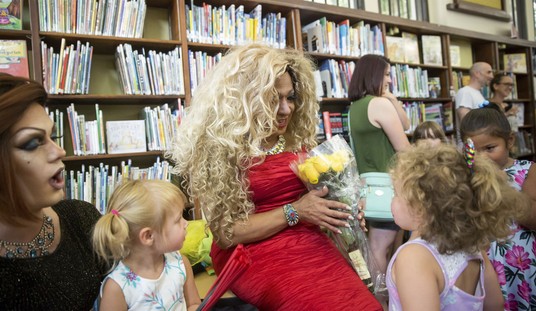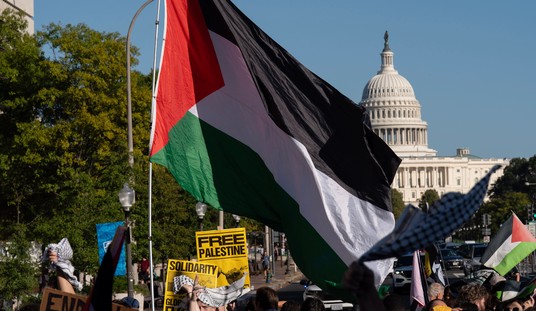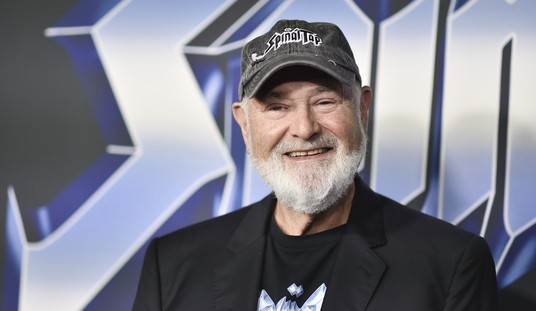Quinnipiac University professor of media studies Phillip Lamarr Cunningham has a piece at the Washington Post on the 25th anniversary of the infamous white Bronco chase in which O.J. Simpson fled the police with his friend A.J. Cowlings at the wheel. The title of the piece is “Twenty-five years ago, O.J. Simpson showed white Americans just how conditional their comfort with black athletes was.” I think the argument the author is making is that the sudden realization OJ might well be a double murderer made whites less comfortable with black athletes in general:
In 1975, People magazine declared Simpson “the first black athlete to become a bona fide lovable media superstar.” In doing so, the magazine drew a sharp contrast with activists from the earlier era, disparaging Ali as a “clownish threat” and Brown as “Menace incarnate,” and noting that baseball Hall of Famers Willie Mays and Hank Aaron “lacked the wit or personality to scale the media heights.” In short, Simpson’s aversion to politics and ingratiation with white media allowed him to enter fully into a world that kept other black athletes on the periphery…
The Bronco chase forced Americans not only to wrestle with the increasing likelihood of Simpson’s guilt but also to recognize that perhaps he was not who they thought he was. He was not the smiling pitchman running through airports or the frequent victim of comedic violence in “Naked Gun.” He was O.J., and he was black — or at least that was the message Time magazine sent when it darkened his post-chase mug shot on the cover of its June 27, 1994, edition.
Over the years, the Bronco chase has been viewed as a galvanizing moment, as a third of the country tuned in to watch the tragedy unfold. That night, NBC concluded that O.J. Simpson’s fall from grace was important enough to disrupt an epic battle between two of the greatest NBA players of all time.
The chase not only disrupted the NBA Finals — it also unsettled the comfort white Americans had developed for black athletes. For years, black athletes, and Simpson in particular, were held up as signs of the progress made toward bridging America’s racial divide. That night, however, he served as a stark reminder of how conditional that comfort was.
I’m really trying to give this a fair read but I think the author is really grasping for something that’s not there. I’d grown up seeing OJ in movies and on TV in commercials and he seemed like a genuinely charming person: A star athlete who didn’t take himself too seriously. Like a lot of people, I had a vague sense that I liked him or would if I ever met him.
And then he was credibly accused of a brutal murder. He didn’t suddenly become black in that moment. He’d always been black. What happened is that he went from being a charming minor celebrity to being revealed as someone whose charming exterior hid a very angry, jealous and ultimately violent personality. OJ’s dark side wasn’t his skin color it was his ruthless brutality. He killed the mother of his children, nearly severing her head with a knife.
So yes, as a white person, my comfort with OJ was conditional. It was conditional on him not being a monster. And when it became clear to me he was a monster, I no longer found him the least bit amusing or charming. I’m pretty sure a lot of sensible people of every race felt the same way and for the same reason. If there is a racial angle here it’s the mostly black supporters who were convinced OJ was innocent despite loads of compelling evidence, including the Bronco chase itself, that he was guilty.








Join the conversation as a VIP Member